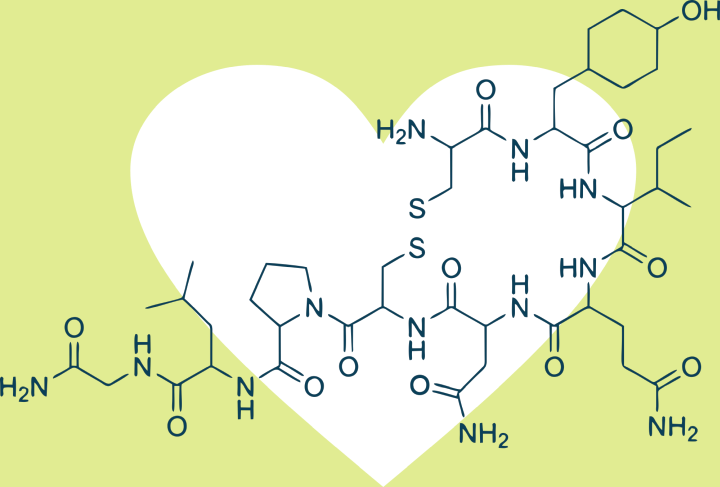To provide services at the highest level, we use cookies. Using the website requires you to choose settings related to their storage on your device. If you want to know what each type of cookie is used for, click the Details button below.
Oxytocin – meaning, action, deficiency, excess14 lutego 2022 |
 |
Oxytocin, commonly known as the bonding hormone, is another hormone described by experts working with ONSEN® in response to requests from from readers of the best blog about sleep.
As with almost every hormone, even the slightest disruption of oxytocin levels can result in the deregulation of the entire hormonal system. Our biopsychosocial functioning throughout the day and the ability to have comfortable and restorative sleep at night depend on this system.
Therefore, it is important not only to know what oxytocin is, but also what its effects are. This can help predict the risks of oxytocin deficiency or excess and identify any potential symptoms of illness early on.
Excess oxytocin is most commonly associated with hormonal system disorders. The most commonly noted causes of oxytocin excess are:
Sustained high levels of oxytocin in the blood are not desirable. The most commonly reported effects of oxytocin excess are:
Oxytocin is responsible for regulating social and emotional processes. Additionally, oxytocin affects the control of smooth muscle contractions, which is particularly important during childbirth. Oxytocin also plays a role in the process of childbirth and lactation in women, and influences the secretion of other hormones as well as sleep.
The primary consequences of oxytocin deficiency or low levels include difficulties in forming social bonds and emotional disturbances. Additionally, oxytocin deficiency can cause difficulties during childbirth and lactation.
The primary consequences of oxytocin excess or high levels include the formation of intense social bonds, heightened empathy, excessive trust in others, and sometimes aggressive behaviors. High levels of oxytocin also negatively affect sleep structure by increasing wakefulness time.
Oxytocin secretion can be increased through maintaining close and warm social relationships. Physical activity, meditation, and relaxation also promote an increase in oxytocin levels in the blood. Pharmacological treatment may be considered in consultation with a doctor.
Oxytocin secretion can be decreased by maintaining healthy social relationships and avoiding stressful situations. Lowering excessive oxytocin levels often requires medical consultation and appropriate treatment.